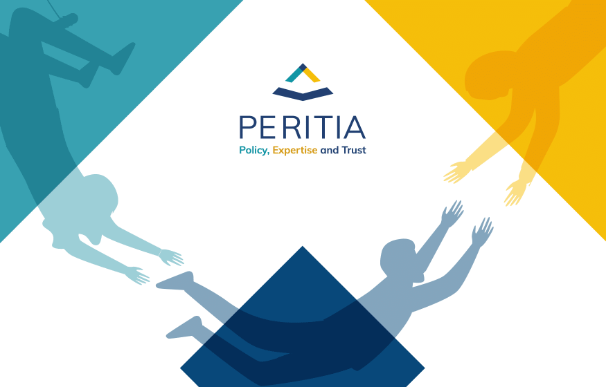Summary
As demonstrated by the Covid-19 pandemic, the role of expert advice in policy decisions can be a matter of great urgency, sometimes even life-and-death. In response to crises such as the pandemic and climate change, PERITIA, a multidisciplinary Europe-wide project led by UCD, sought to understand the pressing issue of public trust in scientific expertise, and the role of experts in policymaking. The team unpicked many of the nuanced factors that affect public trust in expertise, and they communicated their findings widely, via publications, events, policy documents, parliamentary presentations, deliberative mini publics, and educational materials, including podcasts and an online Trustworthiness Toolkit. Together, these efforts have reached more than 2 million people, informing public debate and helping foster trust in experts.
Research description
Experts play a crucial role in helping to inform policy decisions, whether they relate to our health, the climate, technology, infrastructure, energy, or any number of other important topics. Our world is increasingly reliant on specialised knowledge and scientific evidence, and trust in experts is crucial for development and wellbeing. However, deep uncertainties in the face of a multitude of crises, and anti-elite sentiments fanned by populist politicians, are casting doubt on the very idea of expertise.
PERITIA (Policy, Expertise and Trust in Action) was an EU-funded project that brought together a multidisciplinary consortium of 11 partner institutions from 9 European countries to investigate public trust in expertise. Although it was set up to explore this in the context of climate change, the team decided to also focus on the Covid-19 pandemic.
 The project aimed to better understand the conditions that affect trust in (and the trustworthiness of) expert opinion, and to find practical applications for these findings. The project was carried out in three phases:
The project aimed to better understand the conditions that affect trust in (and the trustworthiness of) expert opinion, and to find practical applications for these findings. The project was carried out in three phases:
In phase 1, the team, led by Professor Baghramian, carried out research on the philosophical, ethical, psychological and social factors that underpin social trust in experts. They did so by organising work-in-progress project meetings, online public lectures, small-group workshops, and large-scale international conferences addressing the project’s specific question on the nature of trust, the conditions for being trustworthy, and the ethical implications of expertise.
In phase 2, the team tested the theoretical conclusions of phase 1 through a survey of over 10,000 people across 7 European countries, on attitudes towards experts and policymakers. The most positive finding was that levels of trust in science and scientists remain quite high in most countries surveyed, and in Ireland especially. This contrasted with low levels of trust in politicians and politics. The surveys were followed by an investigation of key indicators of trust and trustworthiness of experts through online experiments.
An important finding of these behavioural experiments was that shared social and political values can affect people’s decisions. For instance, trust in the expertise of social scientists is lower among those on the more conservative end of the political spectrum. The project also found that, in responding to the climate crisis, people’s prior attitudes or mindsets play an important role in their decision to engage with expert advice or to take mitigating action. Those with a fatalist attitude towards climate change pose a particular challenge to attempts to address it.
The findings emphasise the multidimensionality of trust in experts, a complex picture that is summarised in the PERITIA Trustworthiness Toolkit. The full quantitative findings and their analysis and policy guidelines are also available through the PERITIA Trust Hub.
Finally, phase 3 focused on direct societal engagement and impact. The team organised a wide range of events, largely involving citizens, and produced resources to share their findings and help foster legitimate trust in experts.